Elke
—
Notes from a designer on a mission.
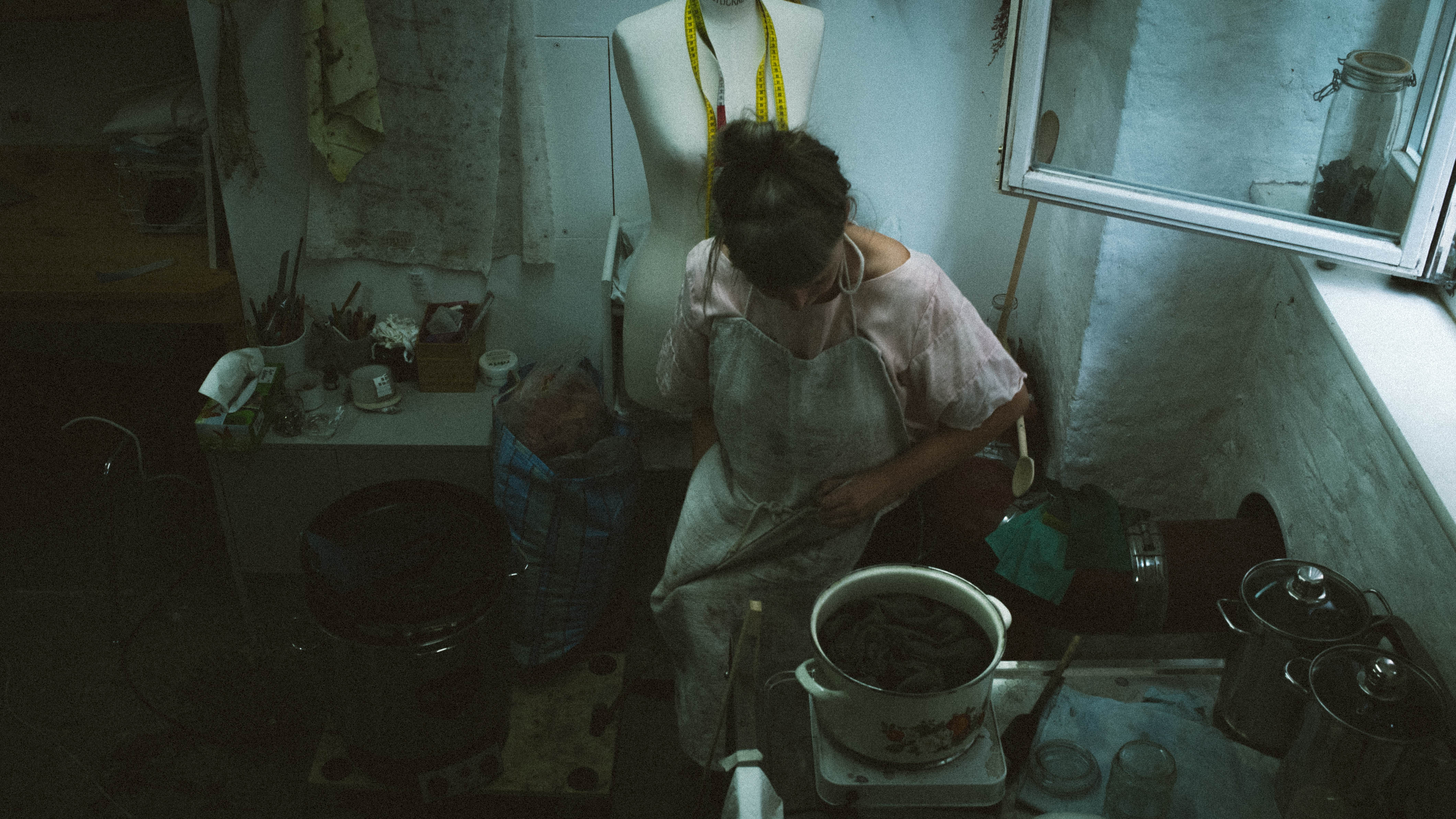
STILL garments founder and designer Elke Fiebig was born and raised on the outskirts of Berlin. She fondly recalls a childhood spent chasing grasshoppers in the many fields that lined Spandau’s suburban landscapes in the 90’s. Today, Elke calls Prenzlauer Berg home and lives just a few blocks away from her studio in Wedding. Her beautiful, little workspace is situated in the basement of a charming building with a courtyard entrance safely tucked away from the hustle and bustle of the neighbourhoods’ streets.
When she’s not busy tinkering with cloths, patterns, plants and dyes, Elke can be found tending to her newly acquired allotment garden in Weißensee and selling organic fabric at Prenzlauer Berg’s brick-and-mortar store Siebenblau. She also dedicates a significant amount of her time to hosting natural dye workshops. Spend an afternoon with Elke and you’ll get to discover the diverse, colourful and surprising spheres in which leaves, flowers and fabrics intertwine.
Where did your interest in fashion design stem from?
One day when I told a friend from school whom I’d lost touch with that I was studying fashion design and she exclaimed, “Oh wow Elke, that’s just what you always wanted!” I was really astonished. I had no memory of that, but apparently, back in 6th grade, I already knew what I wanted. I’ve always liked knitting and making things by hand, and my grandmother taught me a few things growing up. When I was a teenager I started DYI-ing clothes, but I wasn’t really making them, there was more cutting than sewing involved. I guess it just happened naturally.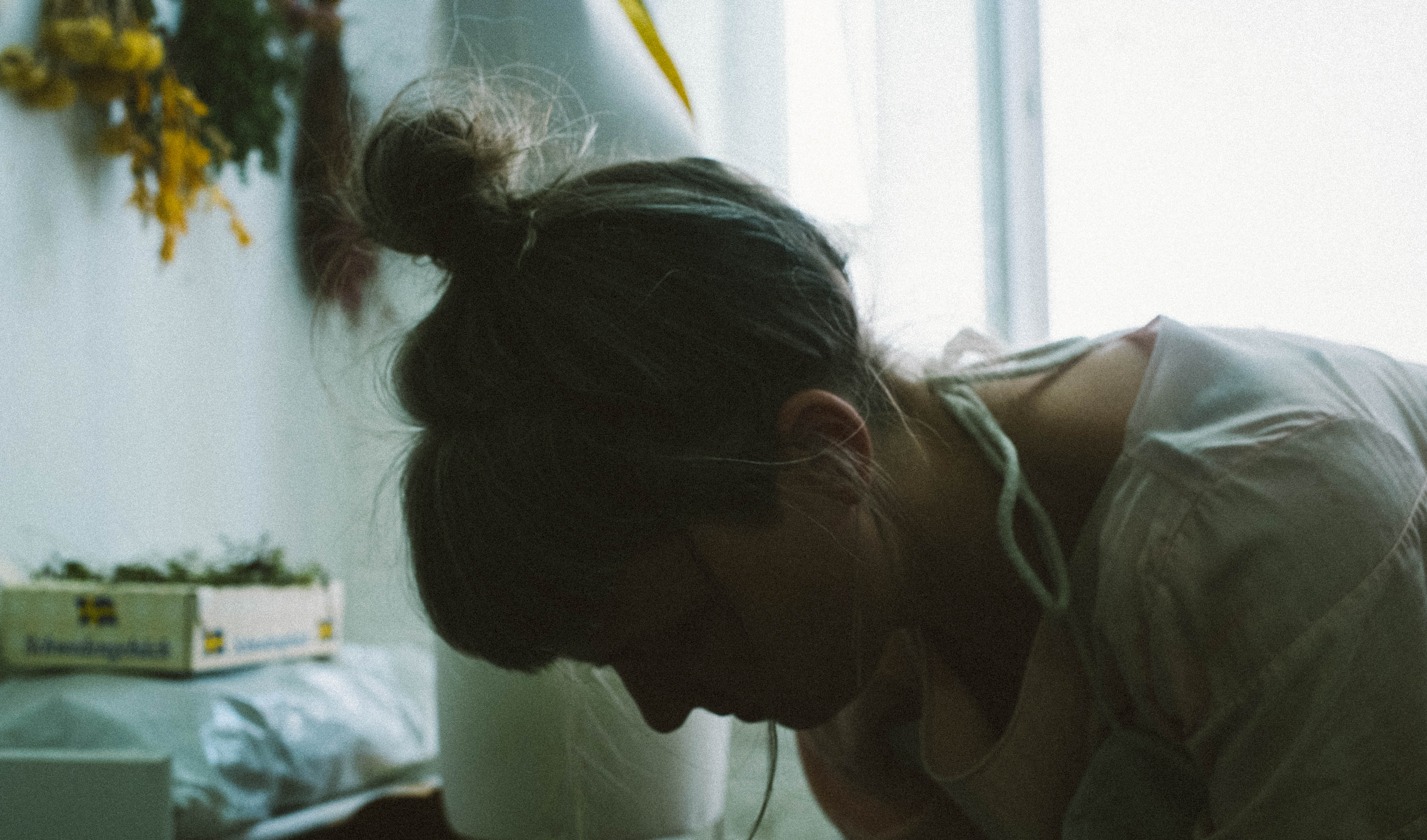



...and your interest in sustainable fashion?
I was always one of those children who was very worried about the environment. I struggled a while with the thought of applying for fashion design because I wasn’t sure how it could be aligned with my ideals. Then, one day, I read an article about woman who founded The Body Shop and that really pushed me to go for it. The story talked about how she did something that no one ever thought was possible or interesting in cosmetics—not using nasty chemicals, not using animal testing—and everyone told her that what she was doing was nonsense. I’m not really a fan of The Body Shop because they’re this huge chain, but after reading that article I thought to myself, “Ok well, if she could do that, then I’m just going to study fashion design and figure out the rest later.” Once I started studying, everything was super overwhelming and I didn’t really think about sustainability for a few years. After I returned from Denmark my mind got more into the idea again and so I kind of circled back to it.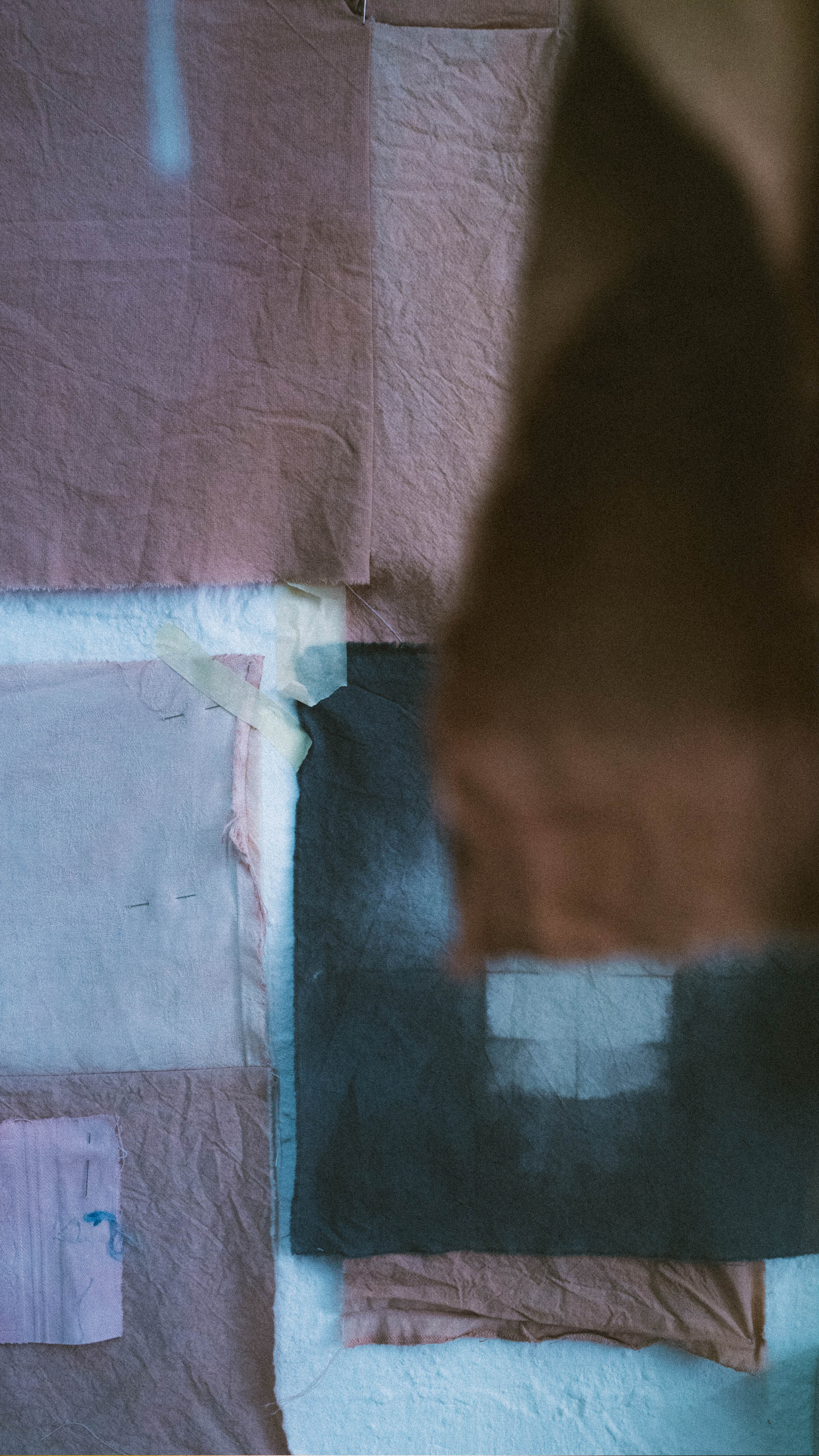


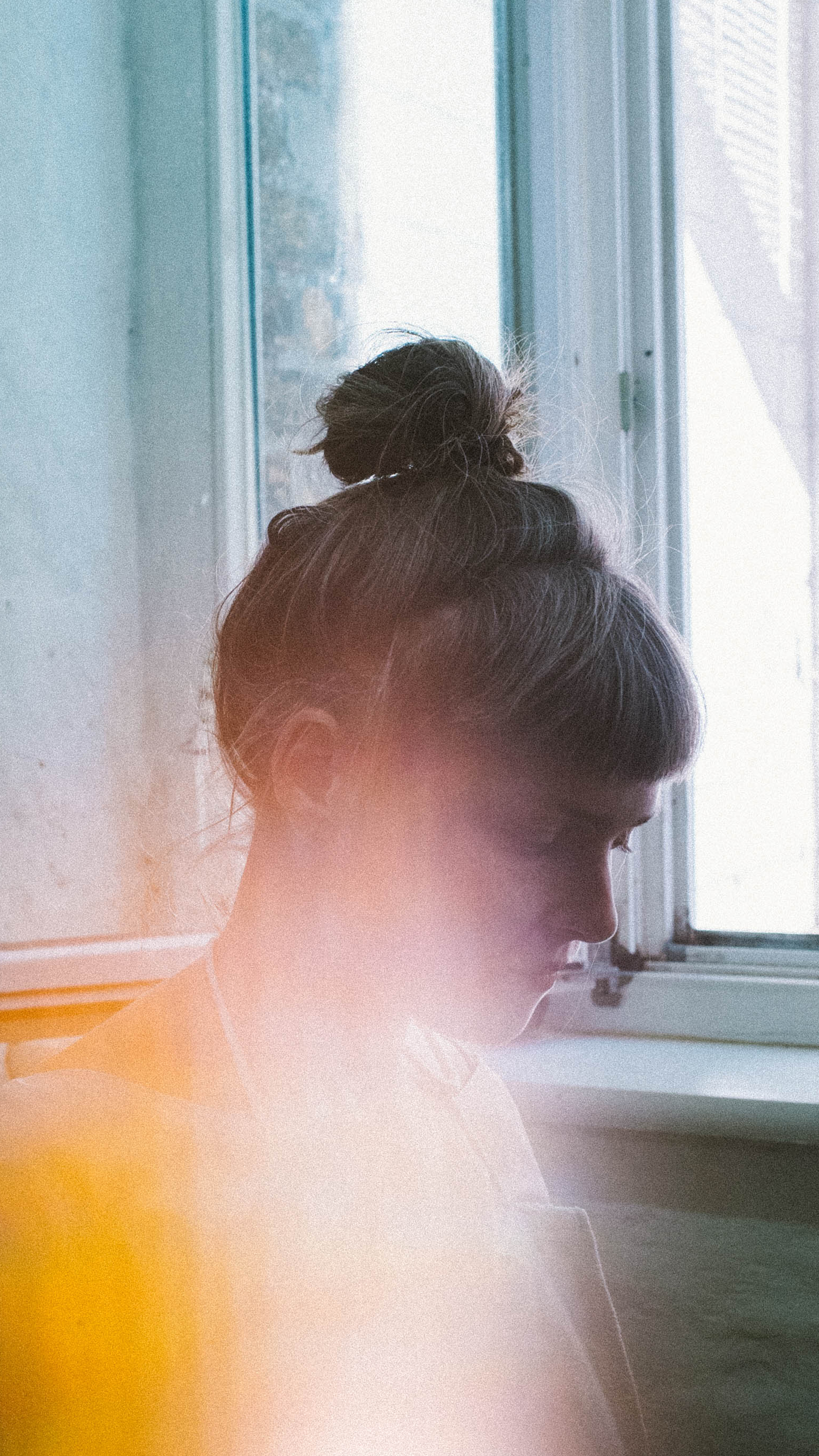
How would you describe yourself as a designer?
Quietly chaotic and… [pauses] a perfectionist. I love experimenting, but maybe I love it precisely because then I can lose control and simply let the plants do what they do. And so those two things meet in my work.Where do you find inspiration for your collections?
In school, part of the assignment for any given project was to collect as many images, ideas and concepts as possible for inspiration, and then to filter it down from there. Though I loved doing it, I don’t work like that anymore. Somehow I get lost in that. Now I start out with one kind of fabric, like the ones from Bangladesh. Then everything builds up around that one thing or those two colours that I really want to work with. I always try to work with what I’ve already made and then refine it.What have you learnt about yourself in the process?
I have gotten much better at this, but I still need to stop overthinking things. It’s like I have two personalities—I’m very introverted and quiet, but I also have all these ideas and want to have this business. I’m not the classic entrepreneur and that sometimes makes things complicated for me. But I know that about myself now and I'm trying to work with it.Where do you buy your clothes?
I mostly don’t. I have so many prototypes and old samples, I don’t actually need to. But whenever there is something, like a leather belt that I really don’t want to make and can’t find second hand, I wait for a big clothes swap party that takes place in my circle of friends each year. Most of the time, I find what I’m looking for there. If I really have to buy something new, like a pair of jeans or a bras (ugh), then I go to one of the many sustainable fashion stores in Berlin.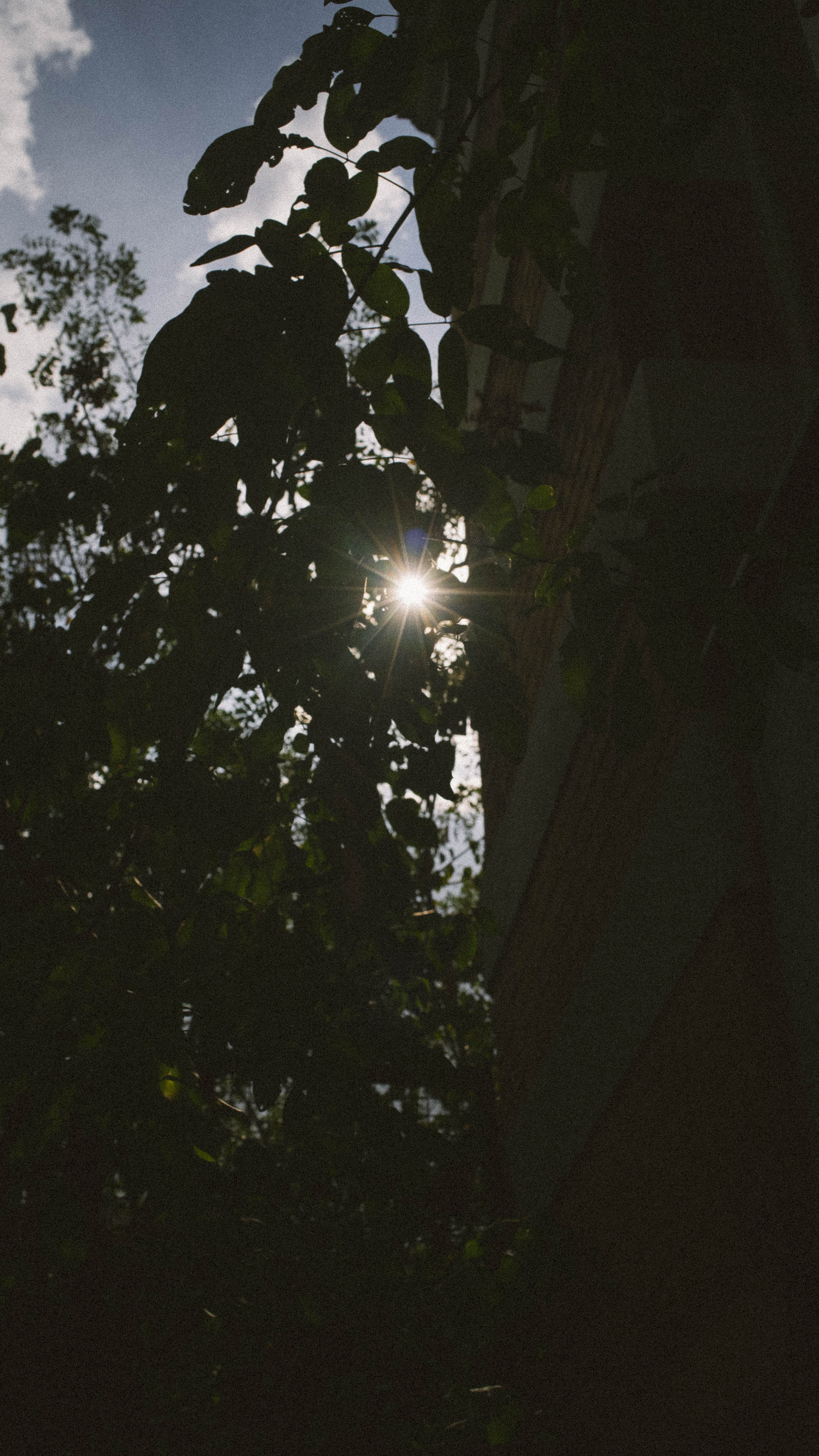
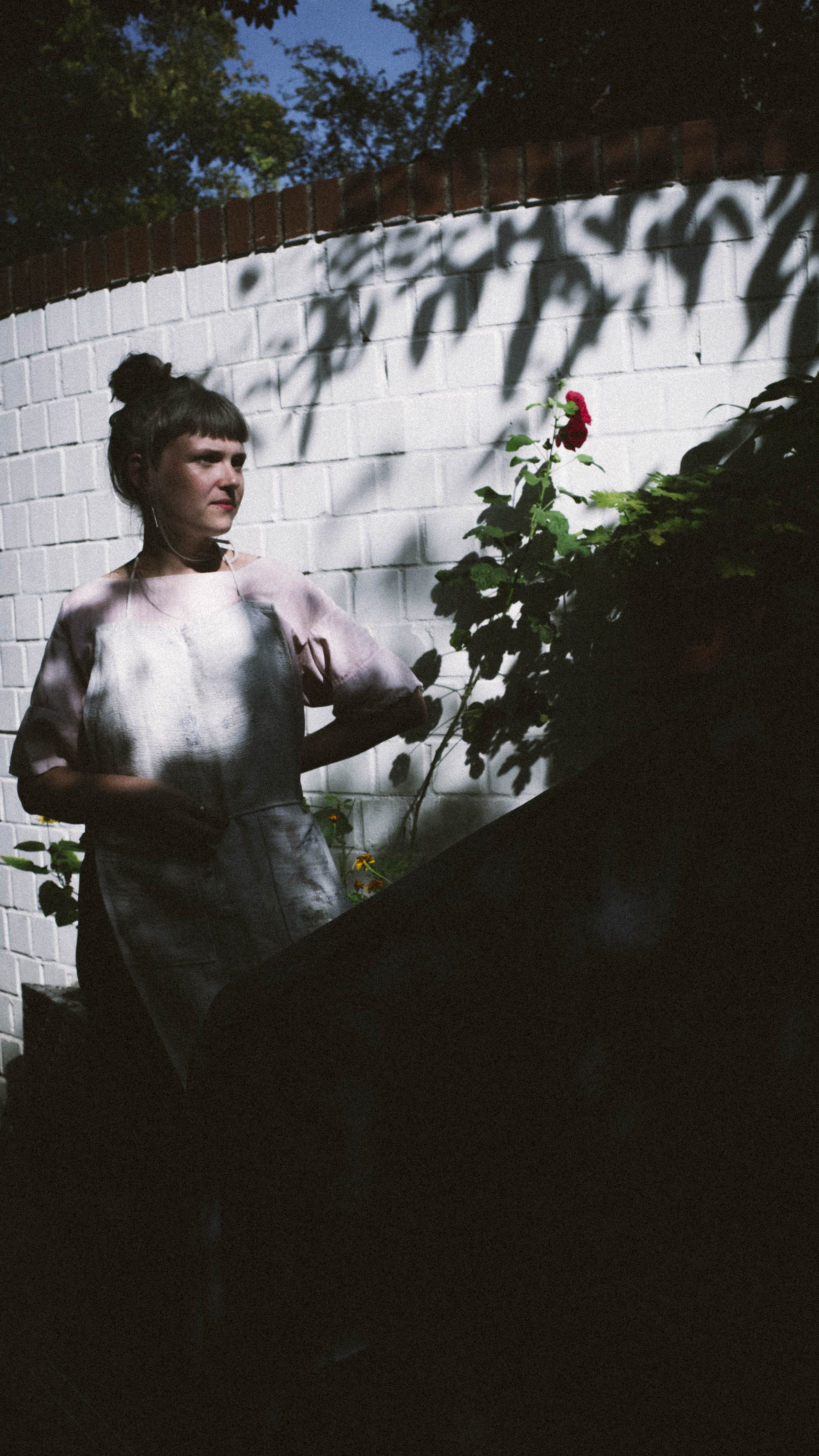


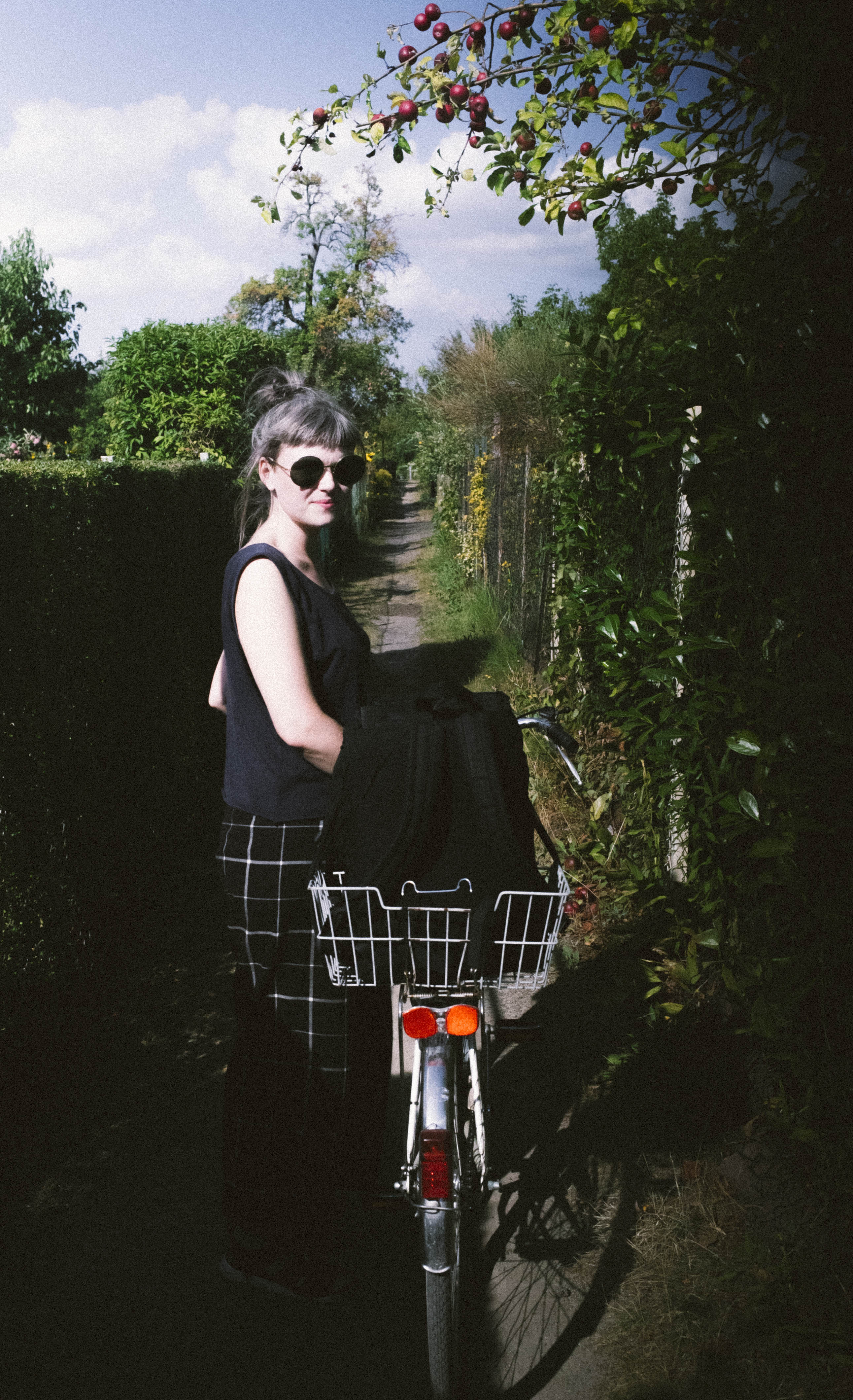
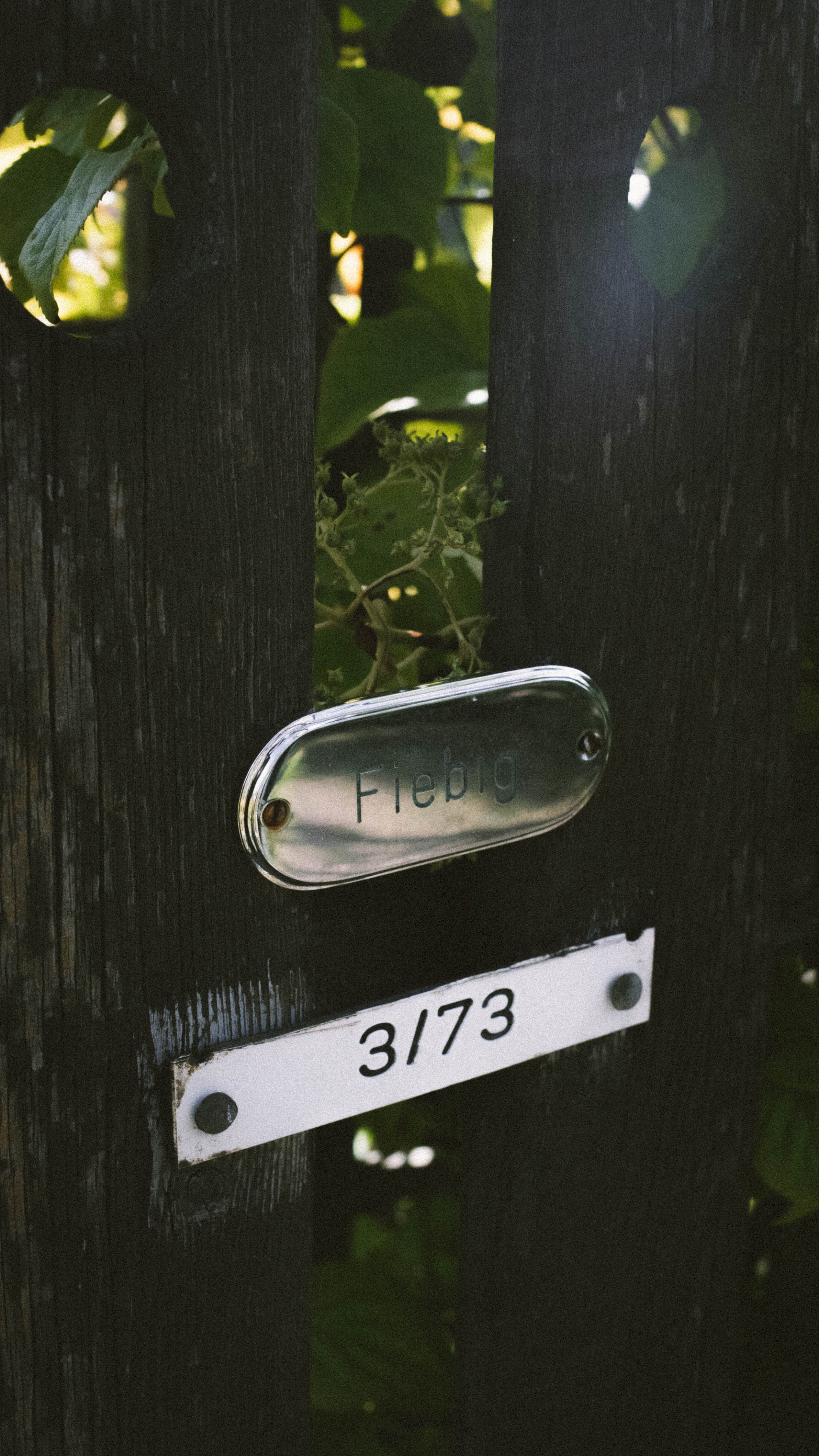
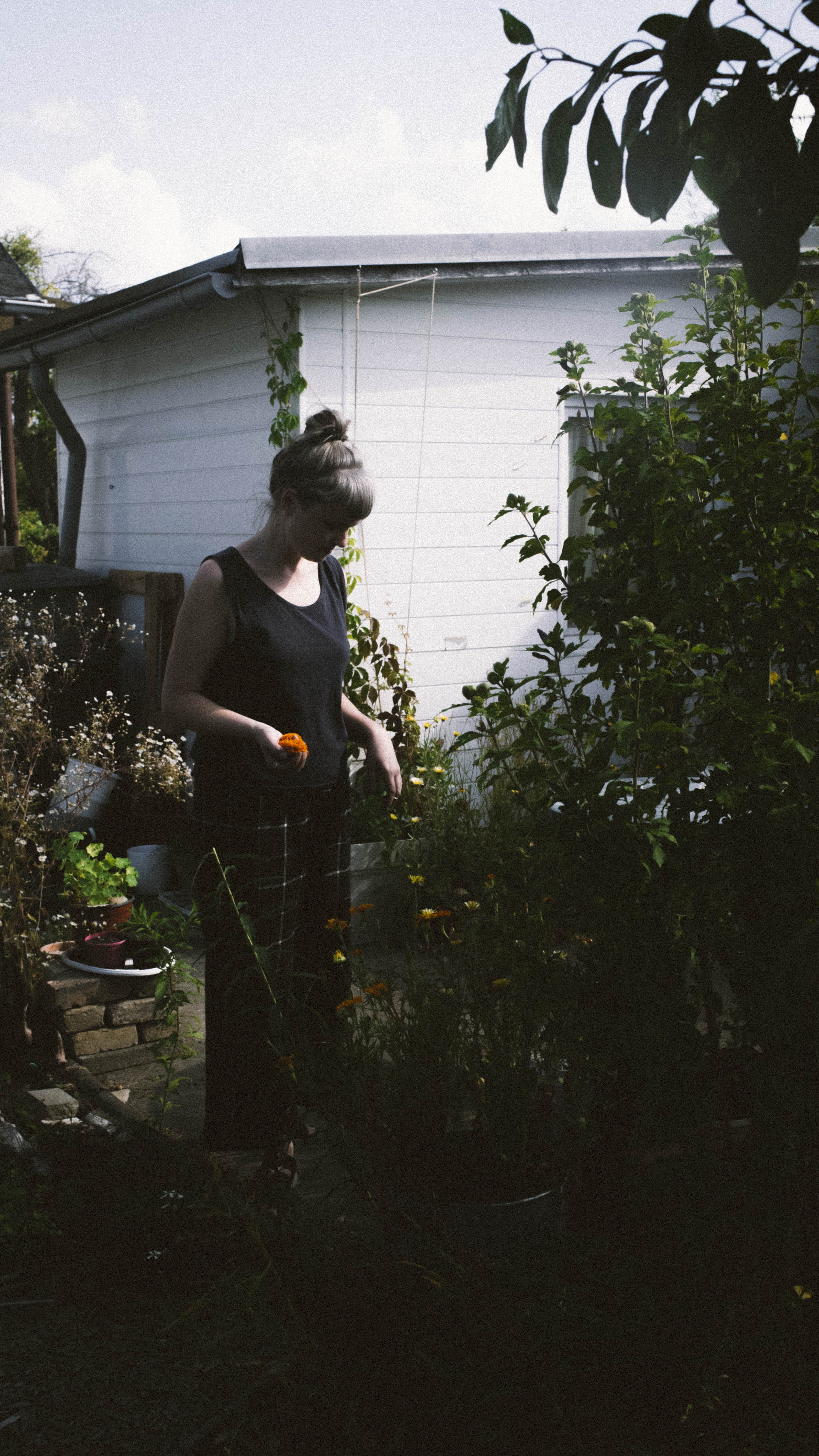

In your eyes, what needs to happen in the world to see a positive change in the fashion industry on a much wider scale?
I see so many organisations and bloggers talking about consumers how we “vote with our wallets”, which we of course do, but I still think that the main thing that needs to be done is that politics needs to do some serious ass-kicking.How can it be legal that a German company imports goods made under slave-like labour conditions? Yes, it’s really hard to prove that that really happened, but why do they not have to prove that the opposite is true? France recently made an attempt at this and passed a law making companies legally responsible for ensuring that this [human rights infringements] doesn’t happen. We have yet to see if that law really changes something, in other words, if there are consequences for the companies that don’t follow it.

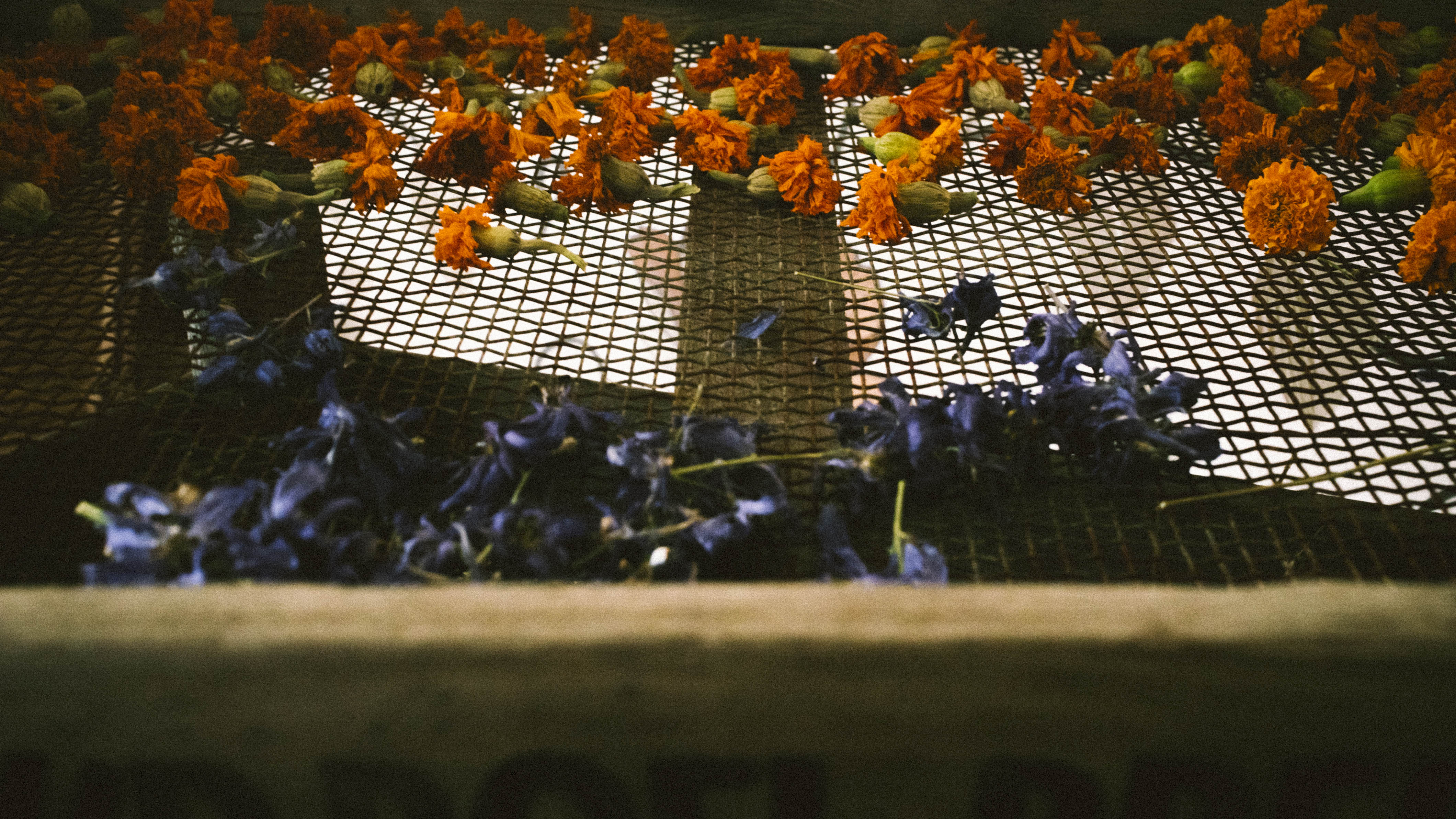
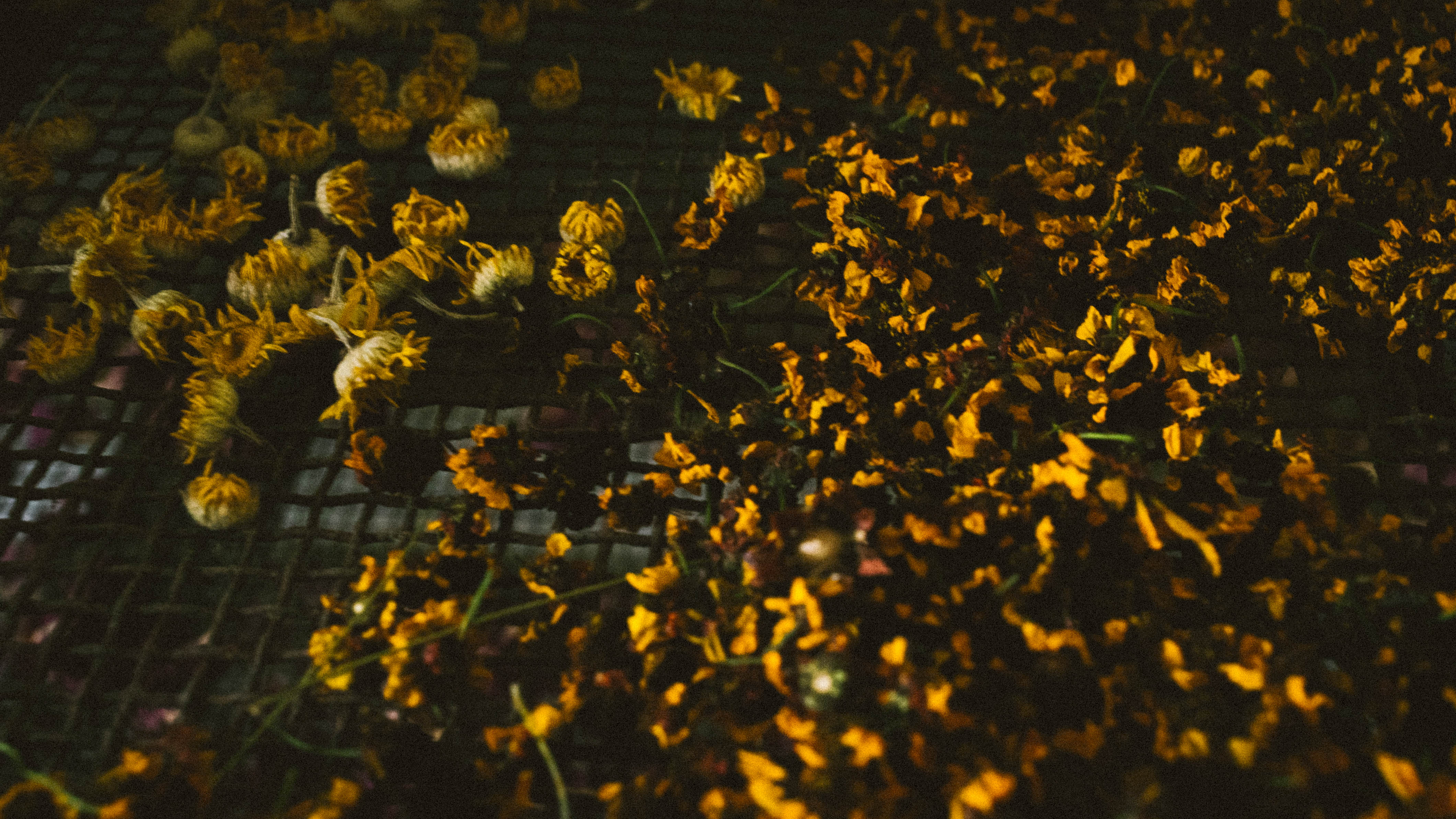
The fashion supply chain is so long and there are many points where something can go wrong. We’ve lost the responsibility or traceability, but that’s so important. The system rolls like a machine and we can’t really stop it. The big players are not necessarily interested in promoting this change, so it needs to come from politics. But that’s the problem, because it’s not a very popular thing to do and we have elections taking place every four years. Somewhere down the line, there needs to be an idea of making global capitalism more social, more responsible, but that’s also not something that can happen in one political term.
It distracts us from recognising who actually has the responsibility and power to address the problem. So maybe we need to think about ourselves more as voters and not just as consumers. It all goes together, but that is something I would really like to hear more conversations about. That said, I’d also love if we could talk about the psychological need to consume, where it comes from and what we could do to replace it. I wonder how we might fill this need with something that is actually more fulfilling than just buying stuff.
And in what ways does the work you do instigate change?
I like to think that my workshops can play a role in the fulfilment of people’s needs. They’re not for everybody of course, people have different interests and that’s a good thing. But so many people have left my workshops feeling happy, with a quiet smile on their face and said things like, “Elke, thank you so much.” And they didn’t say that because I’m such a great person, but because I introduced them to something that, in a way, is very close to them—because plants are all around us, but we are so disconnected from them.
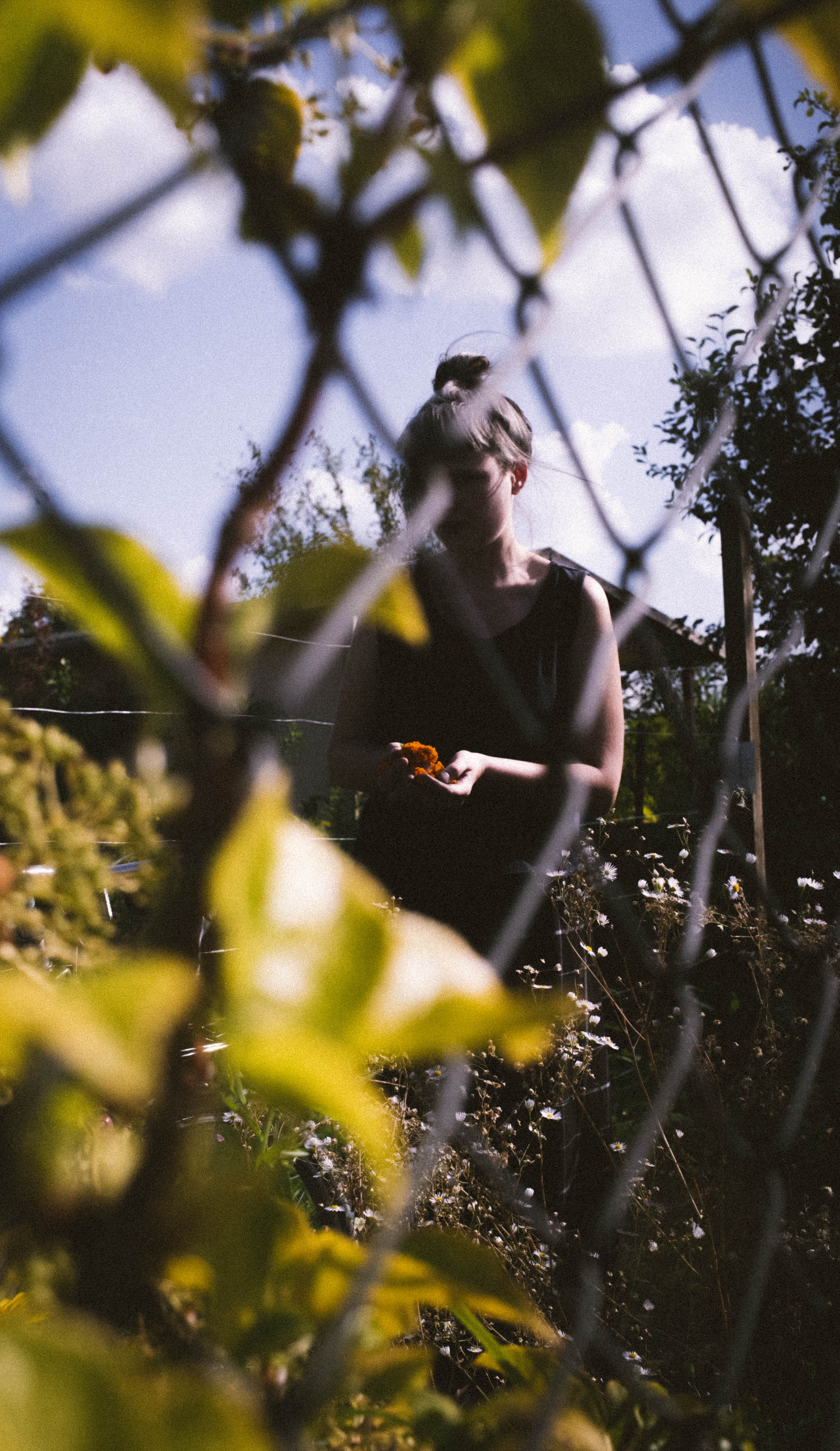

Describe what Berlin’s slow and sustainable fashion scene means to you.
There’s really a lot going on here. Up until recently I worked as a guide for Green Fashion Tours, so I’ve spent a lot of time going to all the various stores and studios, getting in touch with people in the local scene. It’s really impressive because there is so much going on and so many new things are constantly popping up. I don’t think that there’s another place in Germany where so many ideas, idealistic concepts and cool things are happening.Just as an example, designer Daniel Kroh’s studio is just around the corner from here. The name of his collection is Re-Clothing and he up-cycles discarded uniforms from garbage collectors and construction workers. He then dyes the fabrics and creates really amazing pieces out of them.
What are your dreams? What things are you working towards at the moment?
In the next couple of years I definitely want to make room in my life to spend more time in my garden or other places outdoors. At the moment that seems quite difficult, but I think I just have to envision it and it’ll work out somehow. I’m also still working on my next collection, so we’ll see what happens with that. I need to figure out if I really want to go more in that direction if it’s something that I have to postpone for a few years… I just want to make the pieces that my life is made of come together more.
Thank you, Elke.
Interview: Maia Frazier
Images: Daniel Eceolaza